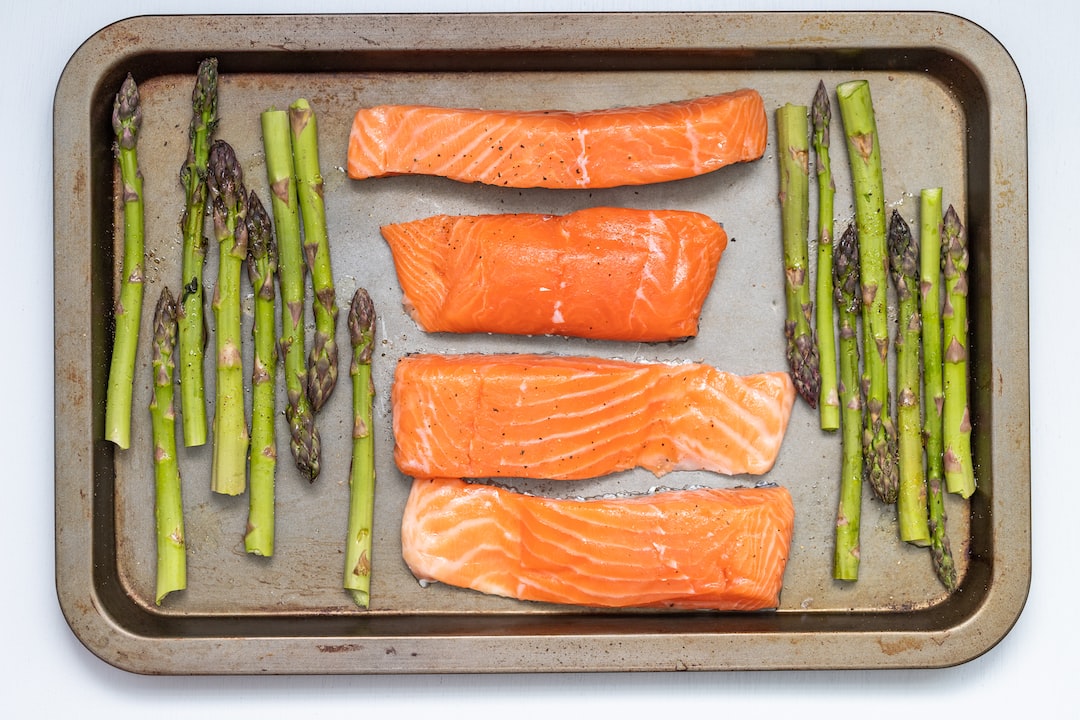Whole Food Diet – eggs, steak, ground beef, chicken, fish, orange, banana, apple, beans, rice cakes, peanut butter, nuts, whole wheat bread, vegetables, oatmeal, greek yogurt, hemp seeds, cheese, coffee, frozen blueberries, frozen acai berry, honey, cranberry juice, and granola. Just think of healthy, raw, non-processed food, or minimally processed food. I will still eat the occasional bad meal only when I have to in a pinch or if I really am having a craving. Otherwise, I am prepared daily with my meals by meal prepping one to three times per week. Most if not all of the food is not processed, meaning raw ingredient food.
The Mediterranean Diet
50% – Fruits, Whole Grains, Beans, Nuts, Vegetables
25% – Fish, Poultry
20% – Greek Yogurt, Eggs, Cheese
5% – Red Meat, Sweets, Wine
Micro Nutrients – if you eat a healthy whole-food diet, generally, you will get all critical micronutrients. If you want to make sure you are not vitamin deficient in anything, switch your diet to a balanced healthy one. Give it a few weeks. Then get your blood work done so you can make a plan to see what food group you need to add or avoid to get your missing link of nutrients.
Put my diet to the test. I challenge you to eat a healthy low glycemic index diet for one week straight. Then you will experience firsthand how the food that you eat affects your mental performance, moods, and body. The body is a byproduct of a self-disciplined human toward their health.
Phytochemicals are compounds found in plant foods that are physiologically active and beneficial to human health. Not considered essential nutrients.
Eat a Rainbow. Plant pigments are a rich source of phytochemicals. Fruit and veggies are rich sources of phytochemicals.
Red – peppers.
Orange / Red / Green – carrots.
Green – peas, spinach, and green beans.
Yellow – peppers.
Brown / White – mushrooms.
White – garlic and cauliflower.
Purple – eggplant and beetroot.
Red – apples, raspberries, tomatoes, and watermelon.
Orange / Red / Green – oranges, peaches, and mangos.
Green – avocados, grapes, and limes.
Yellow – bananas and lemons.
Purple – plums, blackberries, and grapes.
Lemons and Limes – consume after a meal, high acid content so brushes your teeth after eating.
Vitamin A – Sweet potatoes boiled
Vitamin B12 – Clams, ground beef, soy milk, and oysters.
Vitamin C – Green peppers and red bell pepper.
Vitamin D – Cod liver oil – 1 tablespoon
Vitamin E – Wheat germ oil and almonds raw
Vitamin K – Spinach and kale
Calcium – Bok choy and broccoli.
Copper – Cashews 20z
Magnesium – Almonds and spinach.
Mineral Iodine – Codfish and eggs.
Niacin – Chicken breast and liver
Potassium – Potatoes and bananas.
Riboflavin – Liver, dairy milk, yogurt, cheese, and eggs.
Selenium – Tuna and salmon
Zinc – Oysters 3oz
Sodium, be sure to consume in moderation. Iodized salt and pink himalayan salt are preferred sources of sodium. If you follow a proper healthy balanced diet (without underlying health conditions) with little to no processed foods, salt is not something to worry about at all. By eating a good diet you should not be at risk for sodium consumption.
Flaxseed and Soy – Soy can affect estrogen levels, so consumed in moderation soy is good for both males and females.
Turmeric Spice – Use as a supplement. Studies have shown turmeric spices to have antioxidant & inflammatory benefits.
Free Radicals – Mitochondrial energy metabolism disruption. Things that have free radicals: cigarette smoke, air pollution, UV light, some drugs, etc. – Free radicals damage DNA, proteins, lipids, and LDL in your body. Free Radicals should be avoided. Antioxidants help protect against damage from free radicals.
Cancer - Studies have found a plant-based diet may reduce the risk of cancer. Cancer is a stepping stone process where a cell begins mutations, not 1 but 2-4 times (just an example) then becomes a cancer cell. It then goes on to form multiple tumors spreading throughout the bloodstream or staying in one spot. It starts with a cell mutation then the mutation continues to mutate into a cancerous cell.
Health Habits To Help Reduce Cancer -
Achieve and maintain a healthy body fat percentage.
Limit or avoid the consumption of energy-dense foods (foods high on the glycemic index), avoid food with added sugars / proceed with junk food / avoid sugary drinks.
Limit the consumption of red meat – no more than 18oz per week – linked to colorectal cancer. Foods with fiber protect against colorectal cancer.
Limit sodium intake – linked to stomach cancer
Avoid processed meat products – Deli meat vs raw meat.
Limit alcoholic drinks – there is no amount of alcohol that does not increase the risk of cancer.
Encourage breastfeeding – reduces the risk of becoming overweight and obese in adulthood.
Aim to meet nutritional needs through diet alone – without the aid of supplements.

